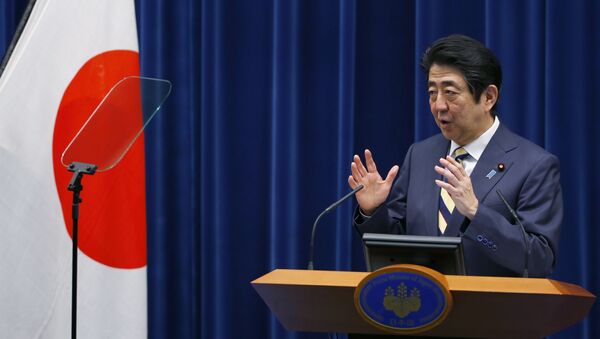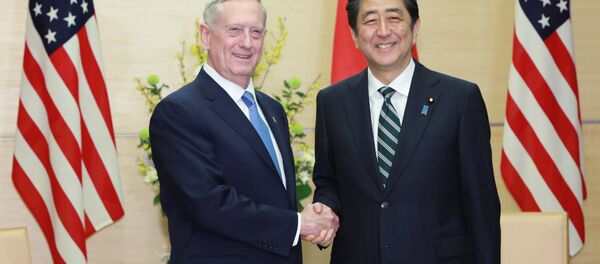“Mister Trump was elected by the American populace in our system, so he is the president, hence, he will guide all our policies and in some cases he has some tremendous ideas when he says ‘buy American, hire American,’” Narendra Bhandari, professor of Management at Pace University’s Lubin School of Business in New York told Sputnik.
He further said that the major areas of interest between Japan and US are quite large. Both countries value economic growth, freedom, human rights and democratic institutions.
“Japan and the US, while they have their differences, these differences can be easily resolved and worked with. Japan currently has close to a trillion dollars of balance of payment surplus. America imports more than 60 billion dollars extra than what it exports to Japan. So Japan has export surplus and has bonds and dollars in Japanese banks and the rate of interest is 1-3%,” the professor said.
According to the professor there is a model and necessary steps that Japan should follow to make sure that the value of dollar does not rise against the yen. One way out is to keep purchasing American products.
Talking about the US manufacturing sector and comparing it with the Japanese sector, the professor said that no doubt Japan has come a long way and it produces good technology such as cars, but the US is much more advanced in some areas of expertise and Japan needs that.
According to him it is a mutually beneficial relation that needs to be further developed.
The draft document titled “US-Japan Growth and Employment Initiative” focuses on potentially five areas of cooperation between the countries, including infrastructure. It also aims to show President Trump that Tokyo is ready to boost cooperation with Washington.
In particular, the document left blanks for the numbers of jobs to be created and the scope of potential Japanese investment in the US.
The new initiative comes as Tokyo is still trying to assess what Trump wants from future relations with Japan. During his presidential campaign, the US President criticized Japan as one of the major contributors to America’s trade deficit.



